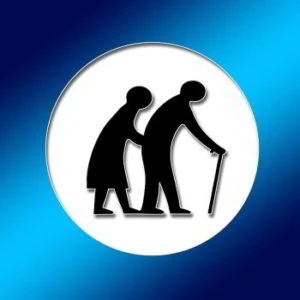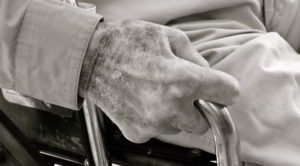
In response to the recent tragedies that occurred in the days after Hurricane Irma passed over South Florida, nursing homes and assisted living facilities in the state must now have power generators, according to the Miami Herald. The new rules applying to these facilities, which have until July 1, 2018 to comply, were signed by Governor Rick Scott in March. Under the new rules, these facilities must install generators and fuel to power their air-conditioning systems. In the days after Hurricane Irma passed over the state of Florida, a dozen residents of a Hollywood nursing home died because of power outages resulting from the massive storm. The deadline to comply lands just before the beginning of the new hurricane season.
Florida Nursing Home and Assisted Living Facilities
While Florida law requires that nursing homes and assisted living facilities must have enough fuel to run generators for 72 hours, facilities with fewer than 17 beds only have to have 48 hours’ worth of fuel. Under the new rules, nursing homes and assisted living facilities must have equipment that can control indoor temperatures for 96 hours after a power outage. The facility must be able to keep an ambient temperature of 81 degrees or cooler. The Hollywood nursing home where the residents tragically died had eight fatalities just three days after its air conditioning went out. After the nursing home was evacuated, four more residents died. While Hollywood law enforcement is investigating the 12 nursing home deaths, no criminal charges have been filed as of yet. The nursing home is presently in litigation with the Florida health care agency over revocation of its license to operate the home.
Shortly thereafter Governor Rick Scott issued emergency rules requiring generators. Many industry groups challenged these rules resulting in a compromise passed by the Florida legislature.
To consult with an experienced nursing home abuse lawyer today
855-780-9986
Nursing Home Abuse
As many as 5 million people are affected by elder abuse each year in America. Two out of three elder abuse victims are female. Compared to their non-abused colleagues, the elderly who suffer abuse are three times as likely to be hospitalized and/or die prematurely. Unfortunately, elder abuse also happens in nursing homes and assisted living facilities. Sometimes the abuse is intentional and sometimes it is the result of neglect. There are several forms of elder abuse including, but not limited to:
- Financial Abuse – This includes improper, illegal, or unauthorized use of the senior’s financial resources for the benefit of another. This can happen in the form of theft, forgery, fraud, or coercion.
- Sexual Abuse – Physical or non-physical sexual activity without consent of the elder, including those who are not competent enough to give consent, is a form of abuse.
- Psychological and/or Emotional Abuse – This includes verbal and non-verbal abuse causing the elder to suffer from anguish, fear, or mental distress and includes isolation and humiliation.
- Physical Abuse – This type of abuse consists of intentionally causing injury or pain to an elderly person through hitting, scratching, shoving, kicking, pushing, or any other physical force.
- Neglect – Perhaps one of the most common types of abuse, this can happen due to failure to keep the older person from harm or failure to keep the senior’s hygiene and health properly maintained.
In the days after Hurricane Irma passed over the state of Florida, a dozen residents of a Hollywood nursing home died because of power outages resulting from the massive storm.
Elder Abuse Help in Florida
If your elderly loved one has tragically died or been injured as a result of intentional harm or neglect of a nursing home or assisted living facility, you do not have to deal with this alone. The nursing home abuse attorneys at Bogin, Munns & Munns have protected the rights of victims across Florida for 40 years. Schedule your free wrongful death or personal injury consultation.
NOTICE: The article above is not intended to serve as legal advice, and you should not rely on it as such. It is offered only as general information. You should consult with a duly licensed attorney regarding your Florida legal matter, as every situation is unique. Please know that merely reading this article, subscribing to this blog, or otherwise contacting Bogin, Munns & Munns does not establish an attorney-client relationship with our firm. Should you seek legal representation from Bogin, Munns & Munns, any such representation must first be agreed to by the firm and confirmed in a written agreement.
Tags:
Call or Submit Our Consultation Request Form Today




